Expert Cattle Fence Replacement Services for Ranchers
Professionals specializing in cattle fence replacements include local fencing contractors, agricultural service companies, and ranch maintenance experts. These providers have the experience and equipment necessary to ensure durable, effective fencing that meets your livestock management needs.
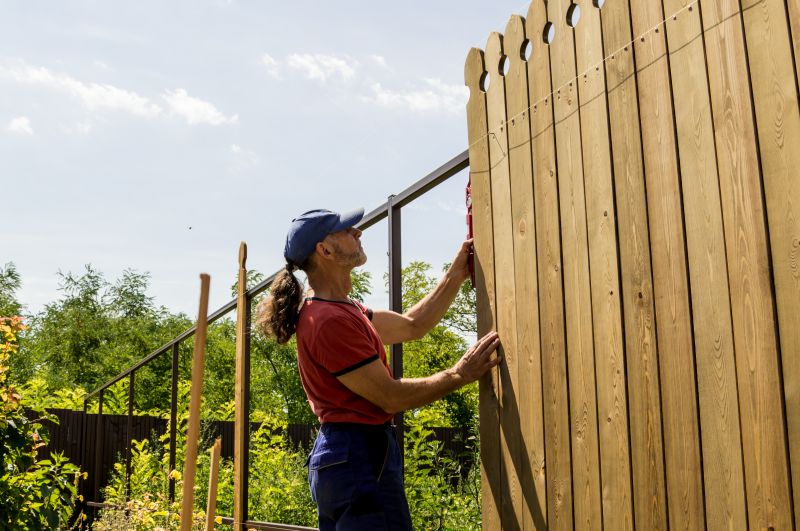
Local fencing contractors are often the first choice for cattle fence replacements. They offer personalized service, quick response times, and knowledge of regional fencing standards.
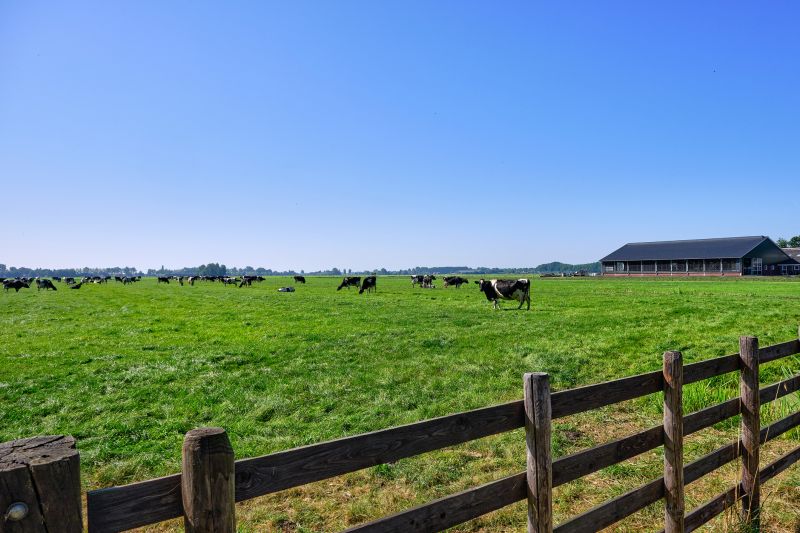
These companies specialize in farm and ranch fencing solutions, providing comprehensive services from consultation to installation and repair.
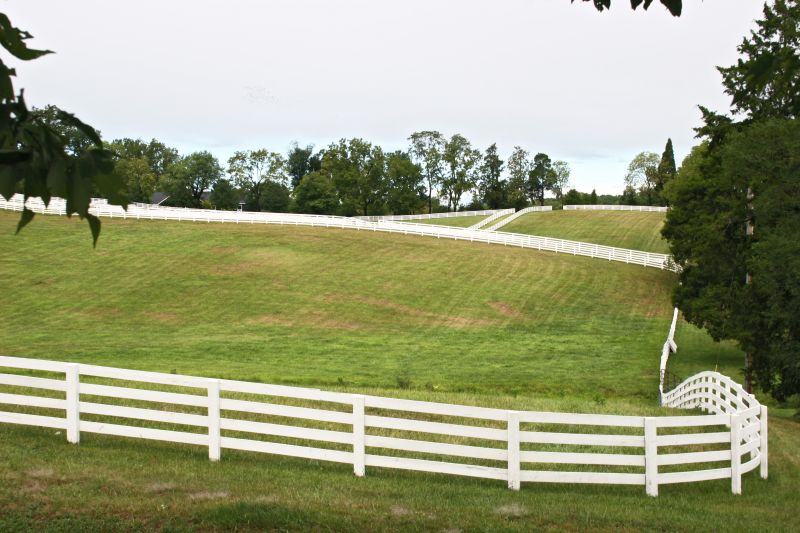
Ranch maintenance professionals often handle fence replacements as part of their broader farm management services, ensuring the fencing integrates well with other infrastructure.
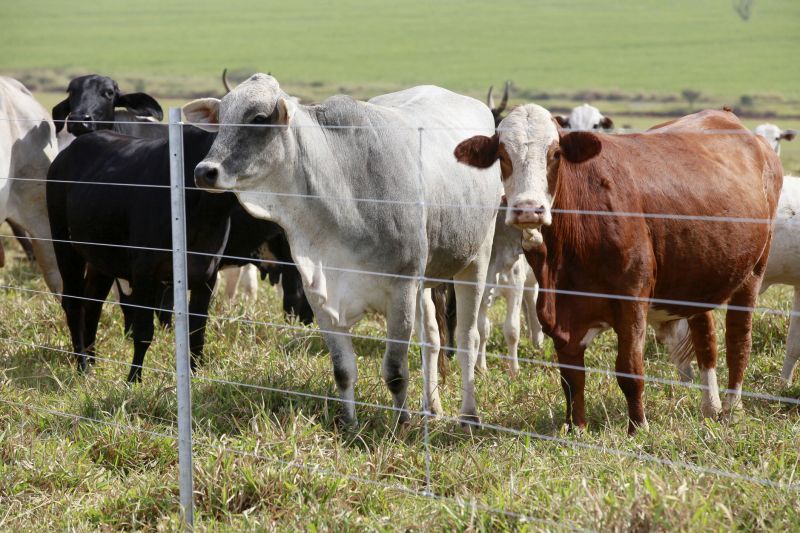
Some providers supply fencing materials and tools, assisting ranchers in DIY projects or supporting professional installers with quality supplies.
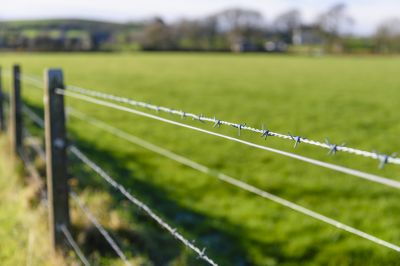
Specialty installers focus on specific fencing types such as electric, woven wire, or barbed wire fences, providing expert installation for each.
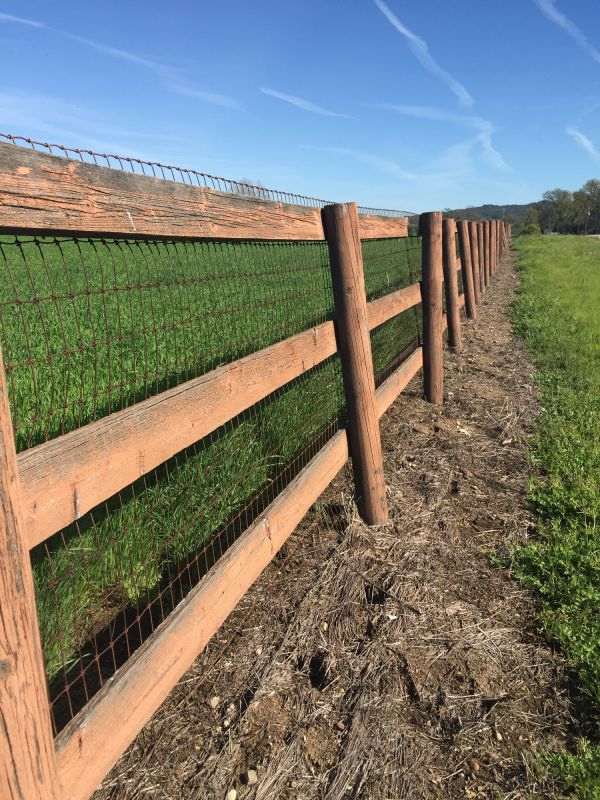
Co-operatives often offer fencing services or partner with experienced contractors to deliver reliable cattle fencing solutions.
Hiring a professional ensures the fence is installed correctly, lasts longer, and effectively contains your cattle, reducing future repair costs.
Professionals assess your property and livestock needs to recommend the most suitable fencing type and layout.
| Best Time to Hire | Reason |
|---|---|
| Late Fall | Fence installation is easier when ground is not frozen, and it prepares your property for winter. |
| Early Spring | Ideal for replacing old fences before livestock is moved to new pastures. |
| During Off-Season | Contractors may offer better rates and quicker scheduling outside peak seasons. |
| Before the Growing Season | Allows fences to be in place before livestock graze in spring. |
| After Major Storms | Post-storm repairs prevent further damage and keep cattle safe. |
